FAQ: 2020 Farm Requirements
A detailed FAQ about the Rainforest Alliance 2020 Sustainable Agriculture Standard Farm Requirements.
Home / Business / Certification / Page 16
Certification has had a huge impact in bringing sustainability to the forefront of business thinking, but it must continue to evolve to provide more value to farmers and companies and ensure that people and nature can thrive in harmony.
That's why the Rainforest Alliance launched its new Certification Program, which entered into force in July 2021. The Sustainable Agriculture Standard, along with its assurance and technology systems, are data-powered, and based on the principles of continuous improvement, risk-based assurance, contextualization, and shared responsibility. This is how we can deliver more value to the two million farmers and thousands of businesses that use Rainforest Alliance certification to drive more sustainable agricultural production and responsible supply chains.
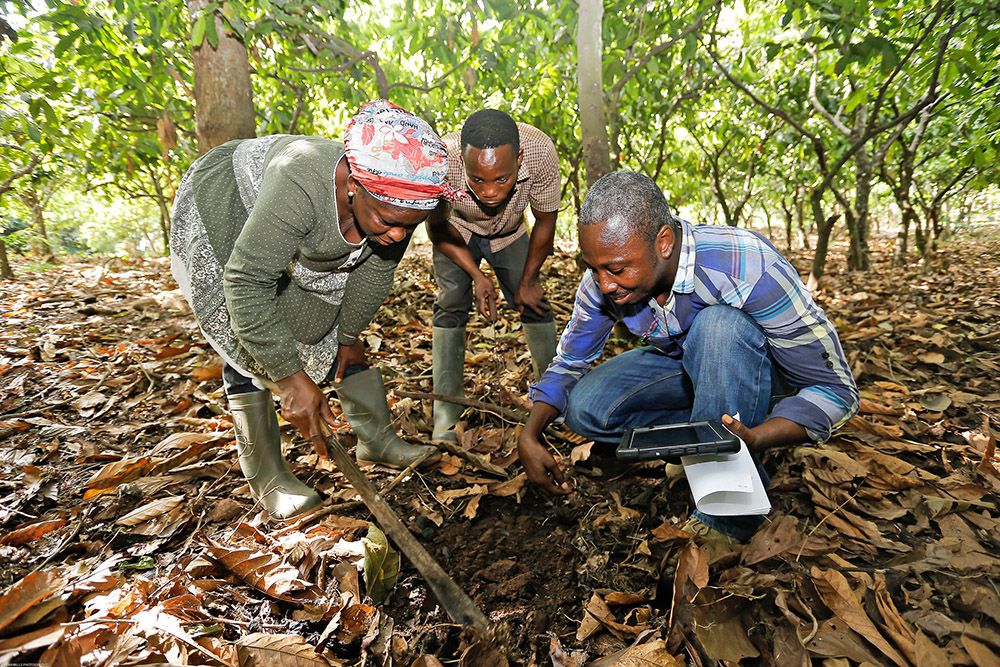
The certification program is part of the Rainforest Alliance’s strategy to drive sustainability at scale in the sectors in which we operate through interconnected interventions supporting certification, tailored supply chain services, landscapes and communities, and advocacy.
Key priorities of our cocoa strategy are assurance, shared responsibility, supply chain transparency, and profitability and resilience.
How we have tailored the implementation and verification of standards requirements on child labor and forced labor to the risk exposure of each farm.
Our shared responsibility approach aims to distribute benefits and costs of certification more evenly between farmers and companies.
Begin your journey of certification with the Rainforest Alliance.
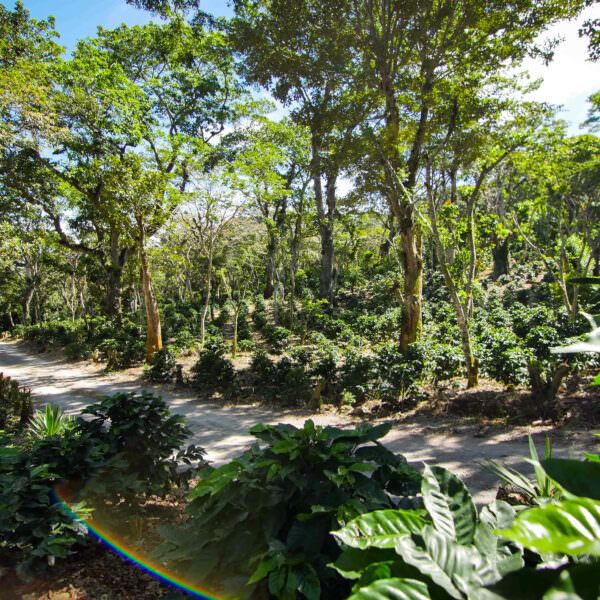
A detailed FAQ about the Rainforest Alliance 2020 Sustainable Agriculture Standard Farm Requirements.
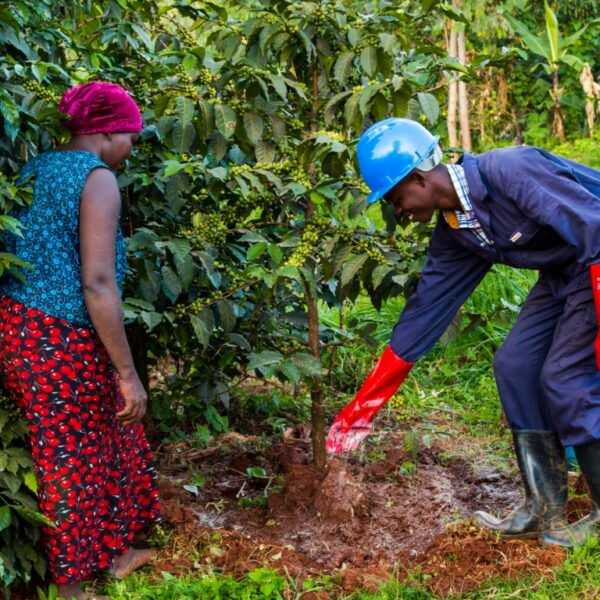
Find out what Ugandan coffee exporter, Kyagalanyi Coffee, had to say about the new program—from the improvements to the challenges.
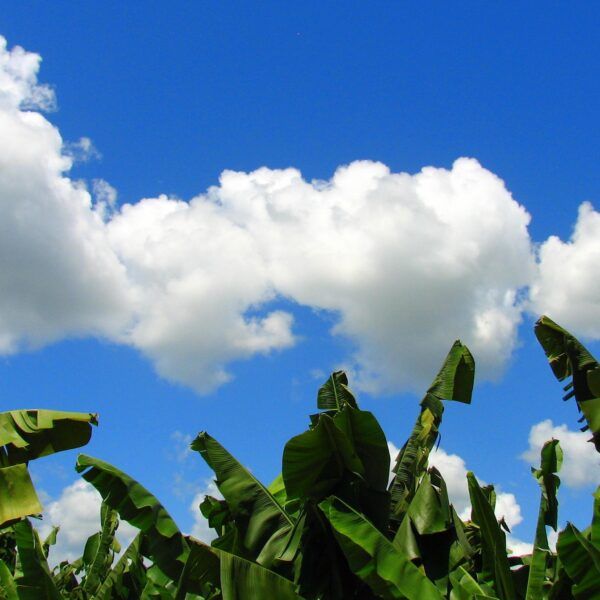
After teaming up for an early implementation pilot of our strengthened certification program, both Finca Esmeralda and the Rainforest Alliance took away learnings that will contribute to a more sustainable banana sector.
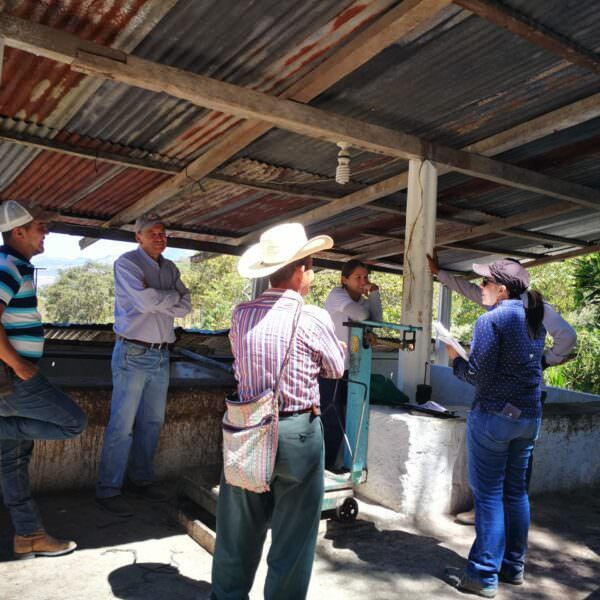
Rainforest Alliance certification is carried out by our authorized certification bodies. Find an authorized certification body in your county.

This document provides guidance on the traceability requirements in the Rainforest Alliance Sustainable Agriculture Standard. It also provides a complement to the Annex Chapter 2: Traceability.

SA-G-SD-1 This General Guide aims to assist Certificate Holders with the implementation of the Rainforest Alliance Sustainable Agriculture Standard by providing clarifications to interpret the requirements and the evidence required for compliance.
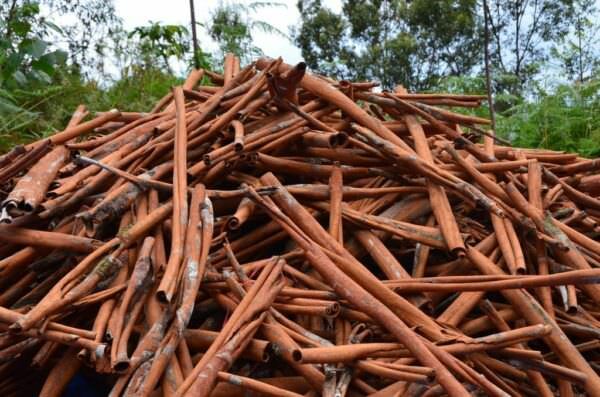
Learn more about the Rainforest Alliance and the Union for Ethical BioTrade (UEBT)'s joint Herbs & Spices Program.... Continue Reading


SA-S-SD-4 As outlined in the requirements of the 2020 Sustainable Agriculture Standard, certificate holders must conduct a risk assessment. The risk assessment tool is available for group and individually certified farm management as well as supply chain actors who have social topics in their scope. The tool helps to identify risks that could prevent the […]

Rainforest Alliance has included the use of Fipronil, Imidacloprid, Thiamethoxan, Spirodiclofen And Glufosinate Ammonium in its list of prohibited pesticides; however, we have granted temporary authorization to the Brazil citrus sector to use these substances, while viable alternatives are identified. These authorizations are conditioned to be used within the strategy of Integrated Pest Management, in […]